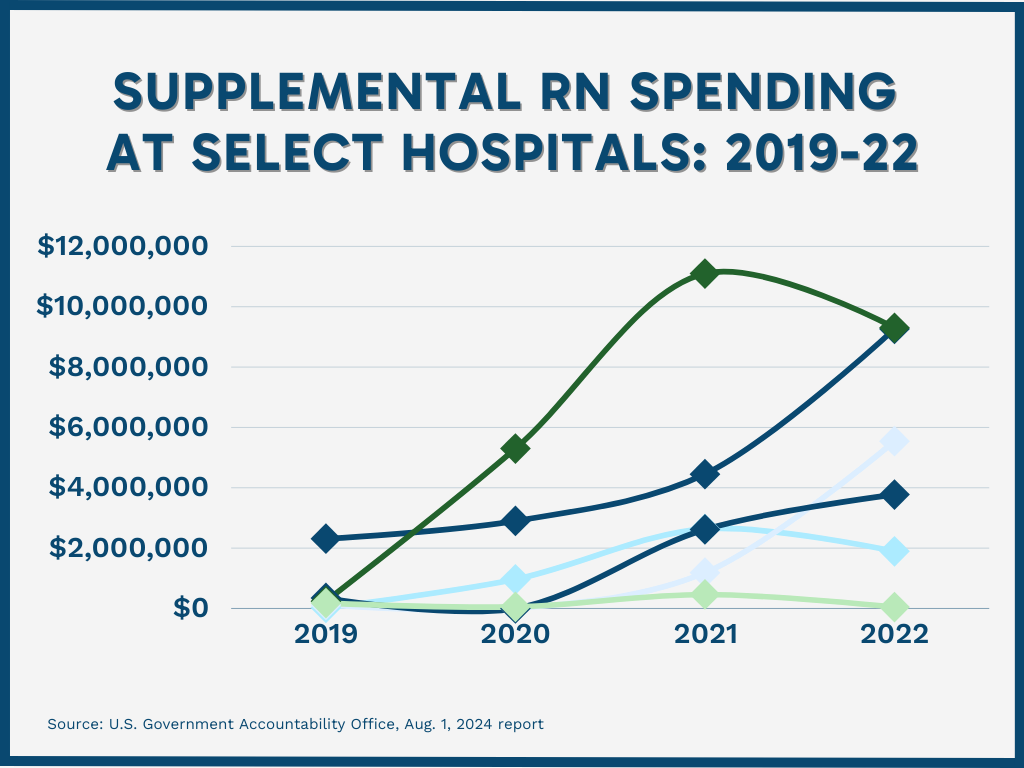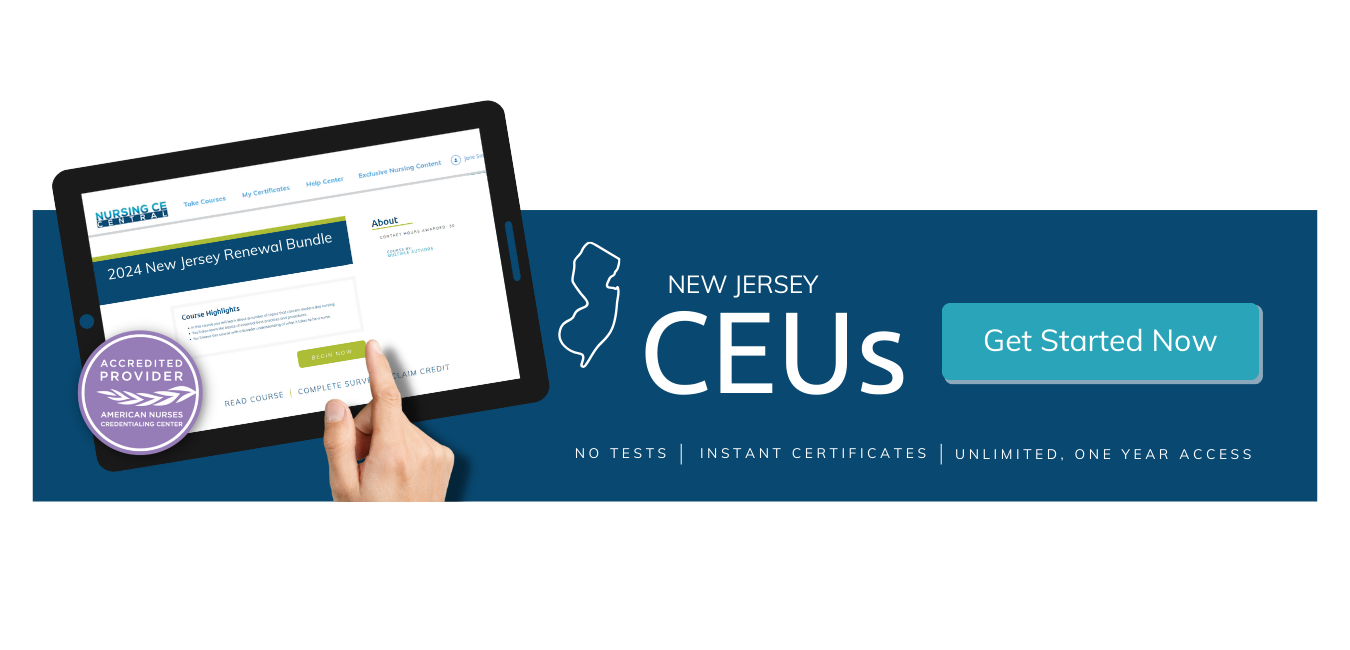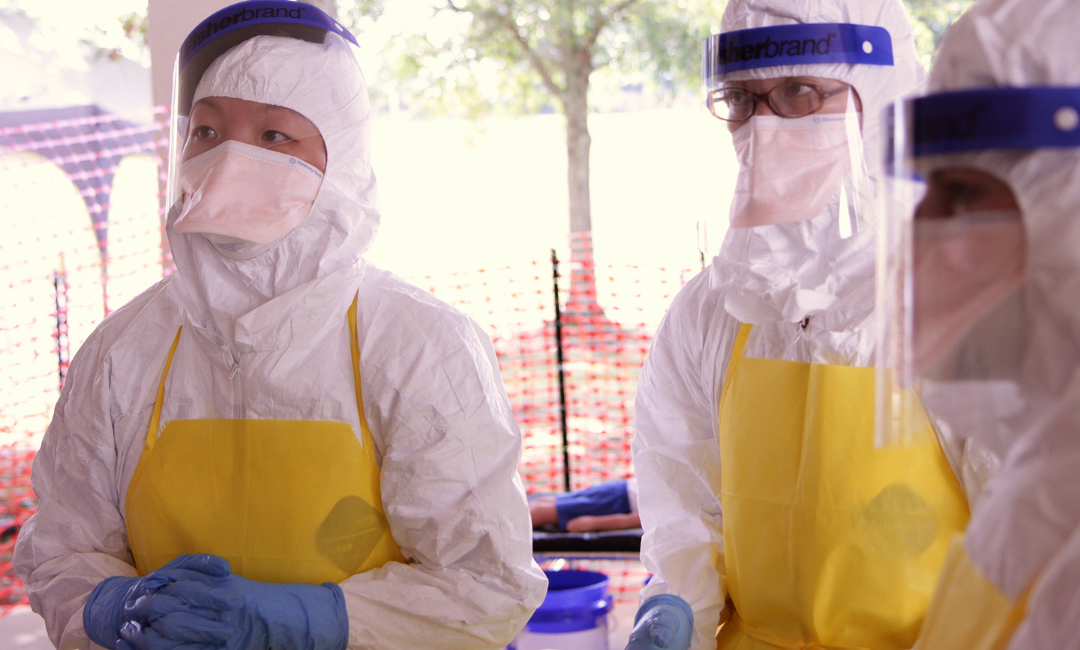The State of Supplemental Nurse Employment
More than 150 healthcare staffing firms exist in the United States in 2024, compared to 103 just two years ago, according to the University of Illinois Chicago Center for Healthy Work Open Sources.
The average hourly travel nurse pay is nearly $49, according to July 2024 ZipRecruiter data. The job search platform also reported wages upwards of $66 per hour and below $20 an hour.
Data from the GAO report shows that hospitals in 2019 paid between $41 and $77 per hour for supplemental nurses compared to $93 to $150 per hour in 2022, while average hourly pay rates for directly employed RNs never saw an increase of more than 45%.

Alysia Adams, DNP, APRN, AGANCP-BC, CCRN, NE-BC, co-founder of Luminous Travel Staffing, said the substantial increase in hourly wages from 2019 to 2022 reflected “heightened demand and competitive wages” offered to attract travel nurses.
The GAO report found that, of the hospitals that provided complete data, all noted an increase in the use of supplemental RNs between 2019 and 2022. Hospital representatives told GAO researchers that they worked with external staffing agencies to fill both temporary daily shortages and longer-term vacancies.
Some nurses left full-time employment for travel roles and recruiting full-time staff for their hospital became harder as a result, according to one hospital’s representative
Adams said hospitals continue to rely on agencies because of challenges with recruitment and retention due to workforce availability. However, they have goals to reduce full-time nurses, or “contingent labor,” because of financial challenges.
Since the public health emergency ended in May 2023, the industry has stabilized and seen a “slight decrease” in costs and pay rates for supplemental and travel nurses, according to Adams. Hospitals and staffing agencies now have a new compensation baseline.










